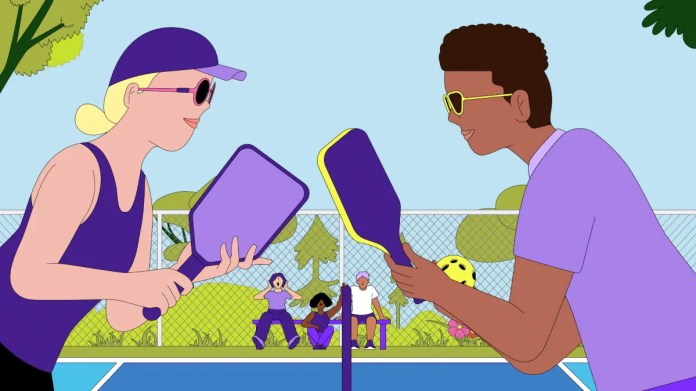Pickleball has rapidly evolved from a niche pastime invented in 1965 into America’s fastest-growing sport, attracting nearly 20 million players in 2024. Its appeal lies not only in the fun and accessibility of the game but also in its unique ability to foster community and connection across diverse age groups and backgrounds. Players like Noelle Mandell and Amrita Bhasin emphasize how pickleball provides a welcoming social space, often described as a “third space,” where people gather to build friendships, unwind, and engage in shared activities beyond just playing. Venues like Life Time, Pickle Pop, and Ballers enhance this experience by blending sport with social events, creating vibrant hubs that host everything from birthday parties to cultural gatherings.
The sport’s low barrier to entry and inclusive nature make it accessible for all ages, bridging generational gaps and encouraging intergenerational play. This broad appeal supports wellness routines and social rituals, helping players form lasting bonds and integrate pickleball into their lifestyles. As a result, pickleball has become more than just a game—it is a dynamic social movement that connects people, fosters community, and offers a joyful, ongoing experience that keeps players coming back week after week.


